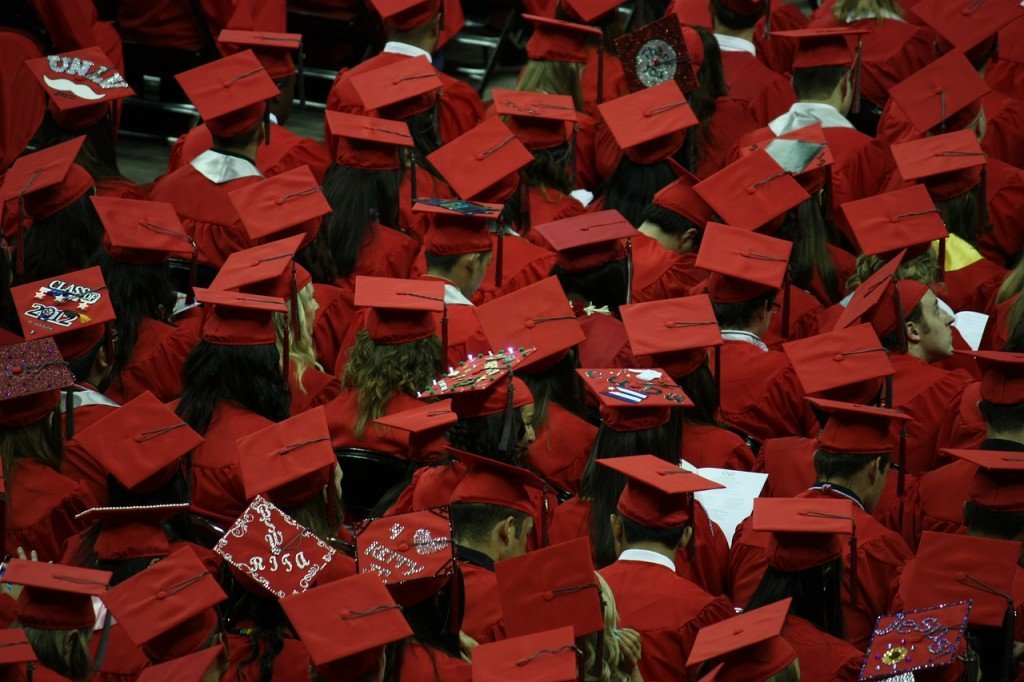For many college students, the real problem after graduation isn’t only about finding a job. It’s also about finding other ways to repay their college loans. College education is costly, and even those who have enough money in their hands find this true. To illustrate the significance of the claim, there are 47 members of Congress who are still paying off their college debts.
real problem after graduation isn’t only about finding a job. It’s also about finding other ways to repay their college loans. College education is costly, and even those who have enough money in their hands find this true. To illustrate the significance of the claim, there are 47 members of Congress who are still paying off their college debts.
Whether you directly borrowed money from the university or loaned through the likes of KALSEE Credit Union, there are some ways to make repayment a whole lot easier.
Plan the Payment
Typically, college loans are repaid in 10 years’ time. You’re in the safe zone if it’s your target. But you can always make the repayment period shorter by planning everything right. If you want to pay the loan within 3 or 5 years, you have to realize that you might need to moonlight. You will have to set aside your bonuses or any windfall that may come your way. The golden rule of planning is never to delay the payment.
Work Earlier than Expected
If you’re really determined to pay off your debts within a given period, you will have to enter the workforce earlier than anticipated. Months (or perhaps at the beginning of your college education) before the graduation, get a part-time job and set the earnings for early payments. You can work as a tutor, a student assistant, or an entrepreneur if you’re that resourceful.
Fix Your Financial Habits
Many college students go on pricey holidays or road trips after graduation. While there’s nothing wrong with it, you should set your priorities. These things can wait; loan repayment cannot. Fix your financial habits; make a list of expenses and save up.
These are only some of the things you need to keep in mind if you want to pay off your debts entirely. For more flexible arrangements, you can always consult your college’s loan department or the creditor from which you borrowed the money.
